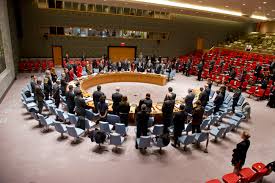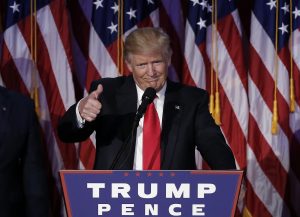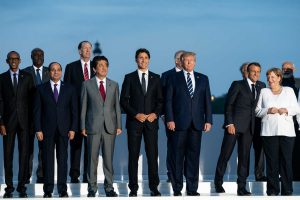
As leaders now exit from the G7 meeting in Biarritz France, it is worth reflecting on the state of the Liberal Order. Or, maybe more appropriately, and at least for the moment, its state of ‘Disorder’.
It has been a chaotic preceding week, even by Donald Trump standards, I think. Trump sharply raised his attack on various allies – most particularly last week, Denmark. Attacks on allies have become rather routine, though exceedingly troubling. But this particular episode was to see the least – startling. In this case Trump suggested that the United Sates might want to purchase Greenland. When President Trump was met by a strong statement of rejection by Denmark’s Prime Minister Mette Frederiksen, that called the President’s suggestion, “absurd”, the President called her statement ‘nasty’ and then turned around and postponed a state visit to one of America’s closest and most faithful allies. It led my colleague Thomas Wright of Brookings to conclude in an article in The Atlantic :
The cancellation of Trump’s visit to Denmark is part of a disturbing pattern. Trump regularly beats up on and abuses America’s closest democratic allies while being sycophantic to autocrats.
Then there was the continuing trade war with China. Just before Trump was to leave for Europe and the G7, China announced that it was prepared to raise tariffs on $US75 billion worth of American-made goods, including crude oil, cars and farm products, if Mr. Trump was to carry through with plans to tax an additional $300 billion worth of imports from China. In an angry tweet in response, President Trump declared: “Our great American companies are hereby ordered to immediately start looking for an alternative to China, including bringing our companies HOME and making your products in the USA.” Ordered! Yikes! After that Trump was ‘all over the map’ defending past statements such as ordering American companies to leave, then regretting the ratcheting up of tariffs only to have his officials suggest that he only wished he could raise the tariffs even higher. It could make one’s head spin.

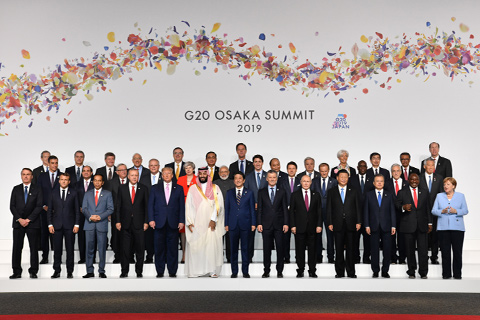
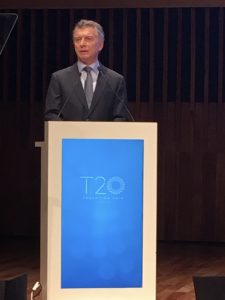
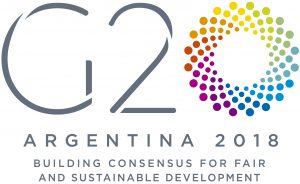
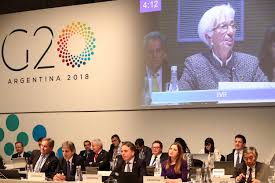
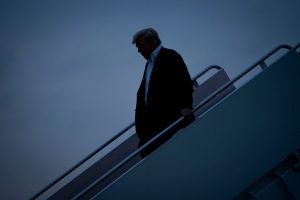

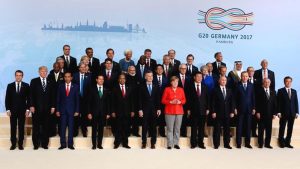 So, I was struck almost immediately by the headline in the
So, I was struck almost immediately by the headline in the 